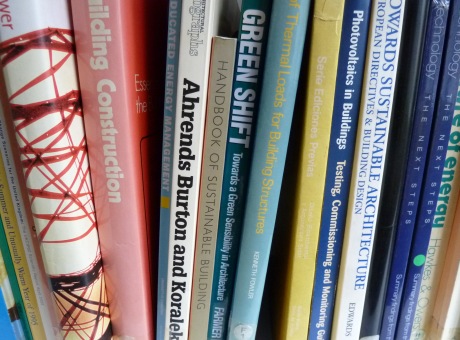Decarbonising road transport with hydrogen and electricity: Long term global technology learning scenarios

19 March 2013
Both fuel cell and electric vehicles have the potential to play a major role in a transformation towards a low carbon transport system that meets travel demands in a cleaner and more efficient way if hydrogen and electricity was produced in a sustainable manner. Cost reductions are central to this challenge, since these technologies are currently too expensive to compete with conventional vehicles based on fossil fuels. One important mechanism through which technology costs fall is learning-by-doing, the process by which cumulative global deployment leads to cost reduction. This paper develops long-term scenarios by implementing global technology learning endogenously in the TIAM-UCL global energy system model to analyse the role of hydrogen and electricity to decarbonise the transport sector. The analysis uses a multi-cluster global technology learning approach where key components (fuel cell, electric battery and electric drive train), to which learning is applied, are shared across different vehicle technologies such as hybrid, plug-in hybrid, fuel cell and battery operated vehicles in cars, light goods vehicles and buses. The analysis shows that hydrogen and electricity can play a critical role to decarbonise the transport sector. They emerge as complementary transport fuels, rather than as strict competitors, in the short and medium term, with both deployed as fuels in all scenarios. However, in the very long-term when the transport sector has been almost completely decarbonised, technology competition between hydrogen and electricity does arise, in the sense that scenarios using more hydrogen in the transport sector use less electricity and vice versa.
Decarbonising road transport with hydrogen and electricity: Long term global technology learning scenarios. International Journal of Hydrogen Energy, 38 (8), 3419-3432.
Anandarajah, G., McDowall, W., Ekins, P. (2013)
The full text of this article is not available through UCL Discovery.
 Close
Close

